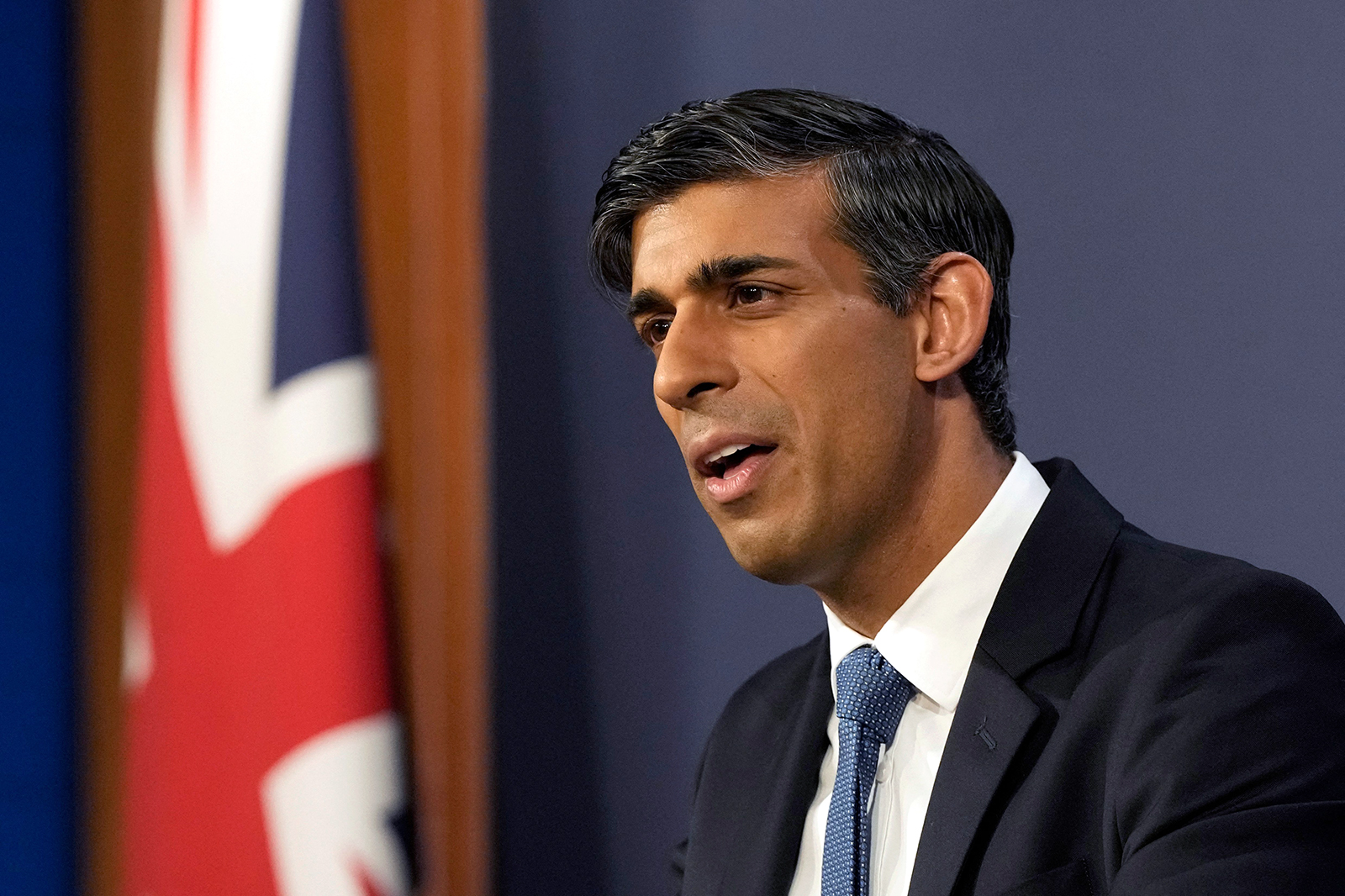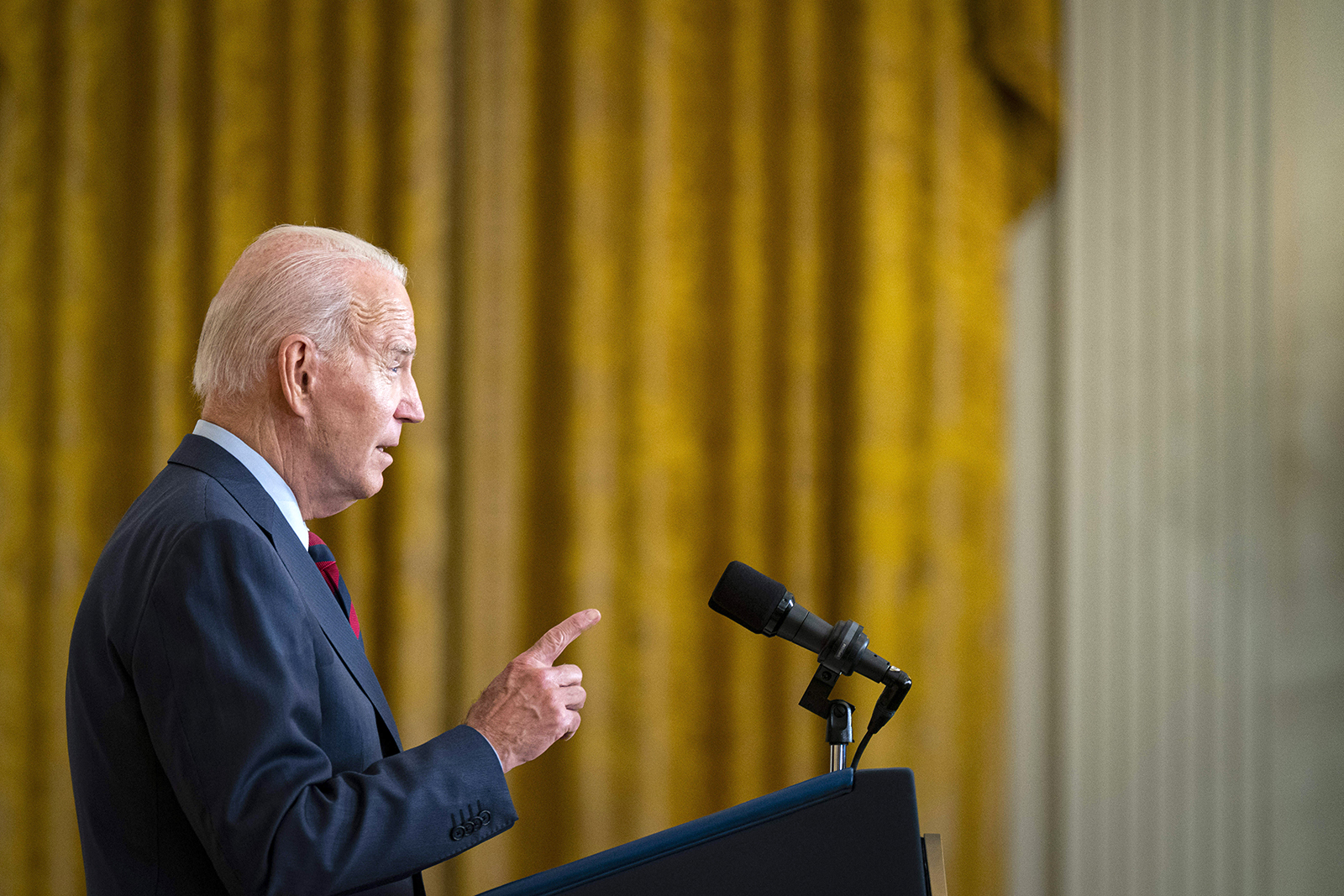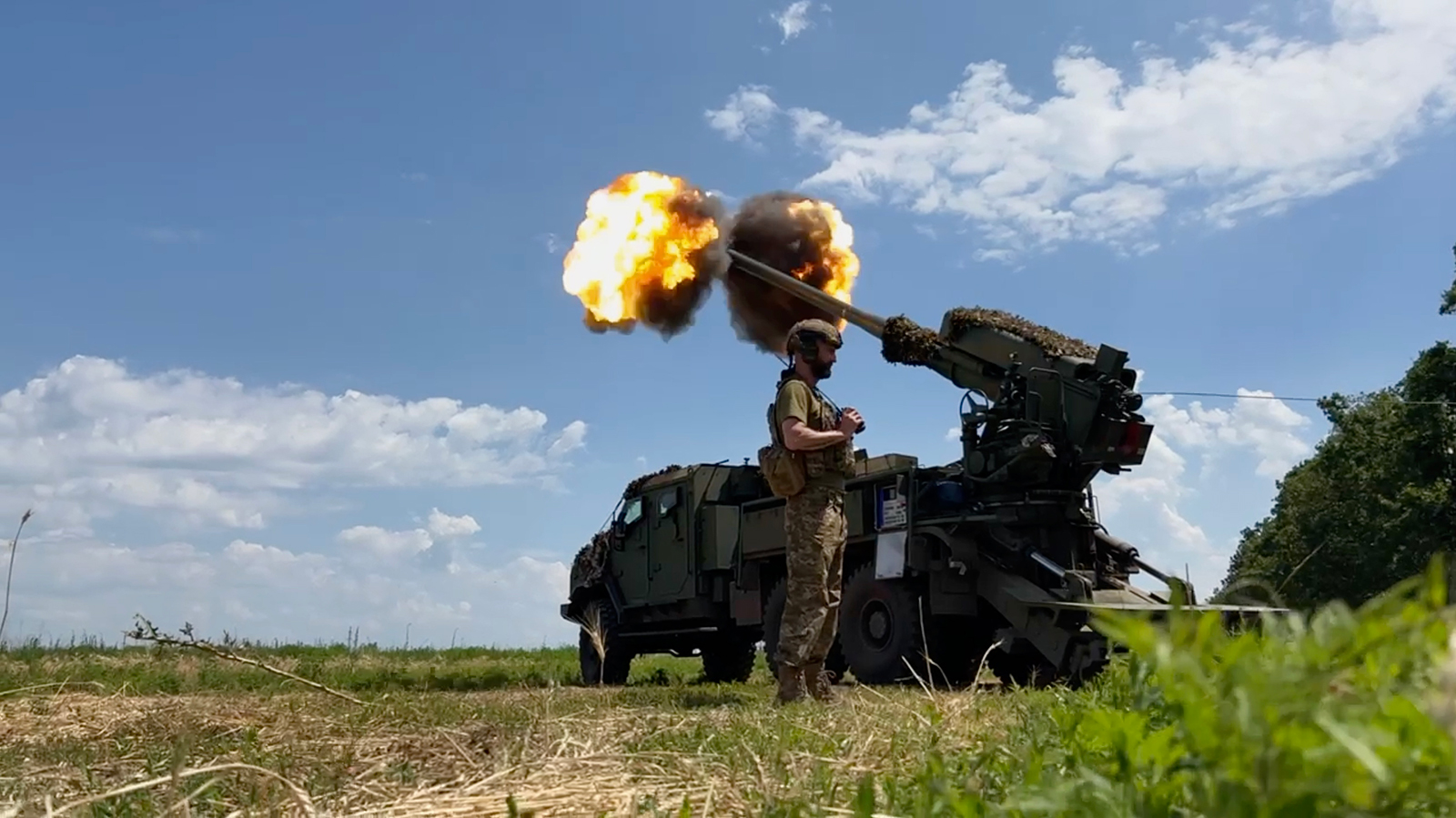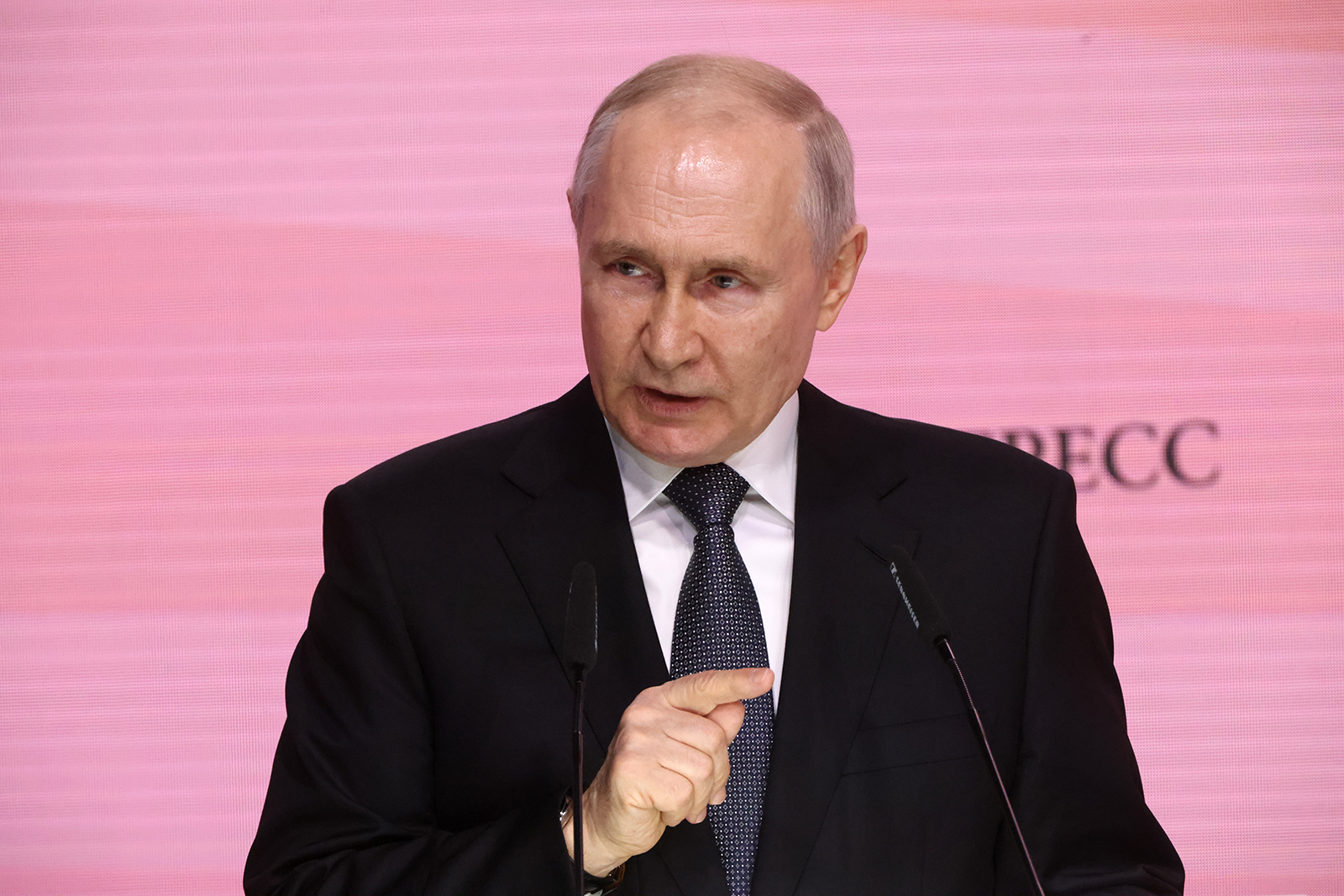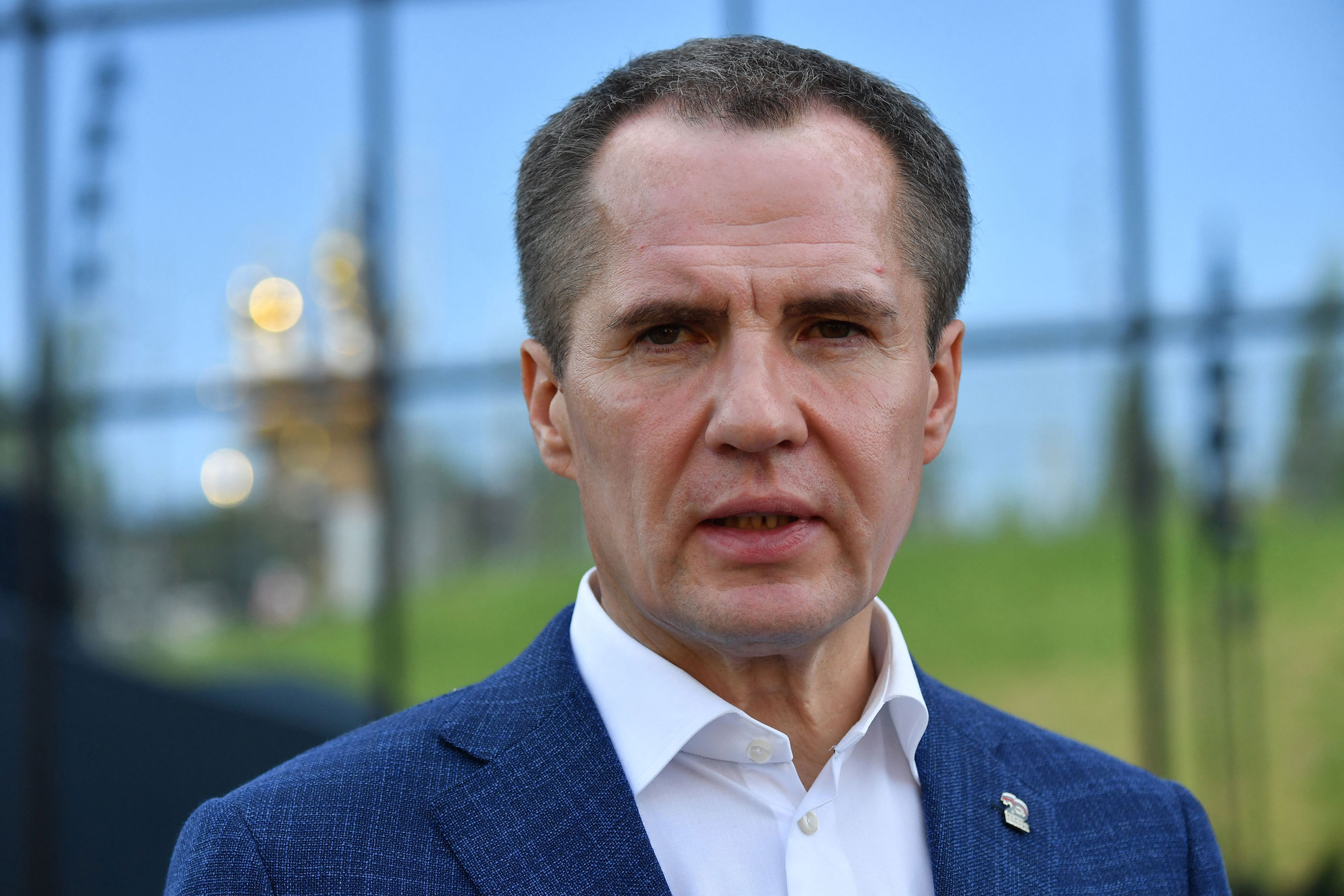
The Russian border region of Belgorod has come under heavy shelling from Ukraine, wounding two people, the regional governor said in a Telegram post Saturday.
Belgorod Gov. Vyacheslav Gladkov said that Ukraine fired over 100 artillery shells at his region over the past day, naming Belgorodsky, Borisovsky, Valuysky, Krasnoyaruzhsky and Shebekinsky districts among the areas that were hit.
“Power line got damaged in Krasnoyaruzhsky urban district,” he added. “Trade areas in the local market, a storage at a vegetable warehouse, three garages were damaged in Shebekinsky district.” Gladkov said that a private house, a local store and a car were also damaged in the district, adding that a car caught fire and burned to the ground.
The Ukrainian side has not yet commented on the reported shelling in Belgorod.
Some background on previous border activity: In late May, a group of Russian nationals who oppose President Vladimir Putin and are aligned with the Ukrainian army claimed responsibility for a cross-border attack in Belgorod. Ukrainian forces also carried out heavy shelling of the region overnight on June 6, according to Gladkov.
There have also been reports of drone attacks as the effects of Russia's war on Ukraine increasingly reverberate back onto its own territory.
